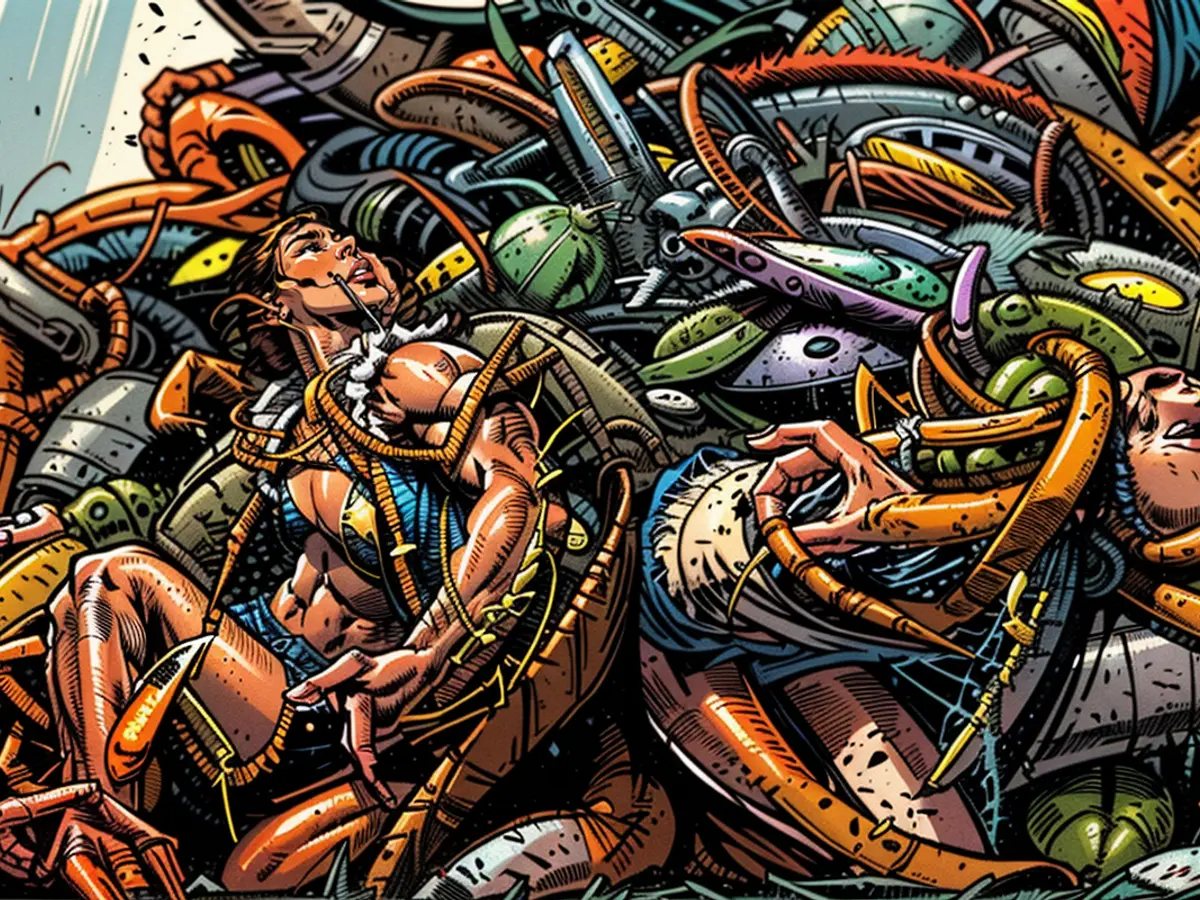Insects as food - Singapore allows 16 insect species as food
Singapore officially allows the use of 16 insect species as food, including grasshoppers, crickets, and silkworms. According to a circular from the Singapore Food Agency (SFA), these insects and insect products can be used for human consumption or as feed for animals used in food production.
The agency had already initiated consultations on regulation in 2022. The SFA considered it important for companies planning to import, cultivate, or process insects to have guidelines in place, as the insect industry is still in its infancy and insects are a new food source. According to Channel News Asia (CNA), the circular stated.
No insects from the wild are allowed
It is essential to ensure that no harmful substances are used during cultivation and processing, and that insects are not caught in the wild. Since there are no international standards yet, the agency based its decisions on countries and regions that already permit the consumption of certain insects.
For instance, the European Union, Thailand, South Korea, and Australia have approved the consumption of certain insect species that meet specific criteria for food safety. In Thailand, markets selling bamboo worms, scorpions, or beetles have long been a common sight. In the EU, approved species include mealworms (dried in their larval stage), locusts, house crickets, and grain beetles, which are mostly processed into powder form.
The Food and Agriculture Organization of the United Nations (FAO) supports insect cultivation for human consumption and as animal feed: "Edible insects contain high-quality proteins, vitamins, and amino acids for humans," states the FAO website. Grasshoppers, for example, require six times less feed than cattle, four times less than sheep, and half as much as pigs and broiler chickens to produce the same amount of protein.
- Singapore's approval of 16 insect species as food, such as grasshoppers and silkworms, follows regulations set by the EU and countries like Thailand, South Korea, and Australia.
- In the EU, approved insect foodstuffs include mealworms, locusts, house crickets, and grain beetles, which are often processed into powder form for consumption or use as animal feed.
- According to the Food and Agriculture Organization of the United Nations (FAO), insects like grasshoppers contain high-quality proteins, vitamins, and amino acids, making them a sustainable alternative to traditional food sources.
- Although insects as a new food source are still in the infancy stage, the Singapore Food Agency (SFA) recognizes the importance of guideline creation for companies engaged in importing, cultivating, or processing these insect species.
- To promote health and safety, Singapore's SFA guidelines prohibit the use of harmful substances during cultivation and processing and discourage catching insects from the wild for consumption or animal feed purposes.
- Thailand's markets are renowned for selling a variety of insect species, such as bamboo worms, scorpions, and beetles, with local conventions supporting the insect food industry.







